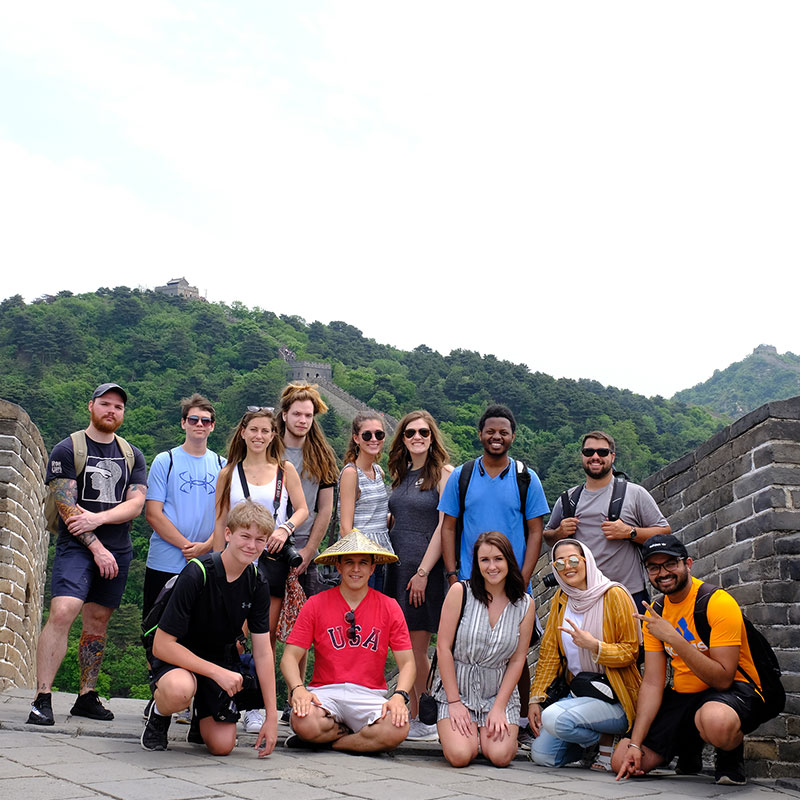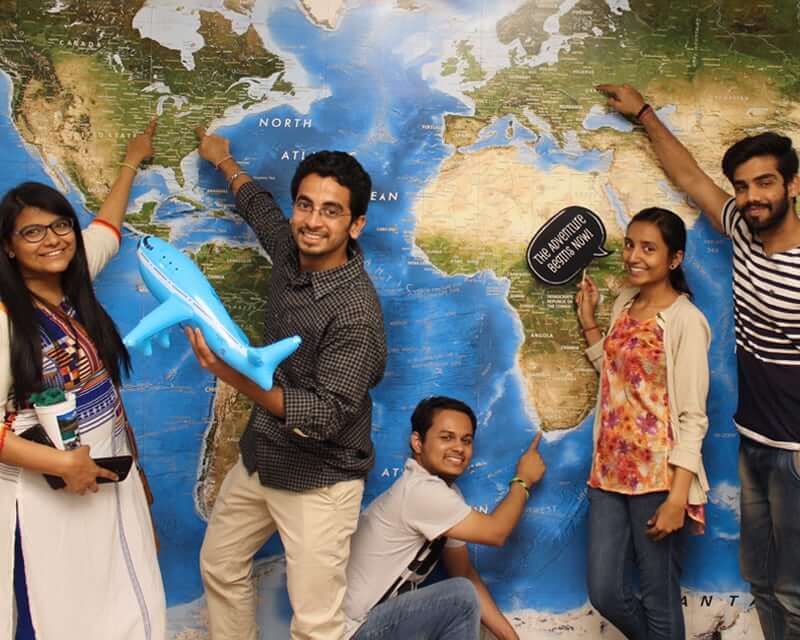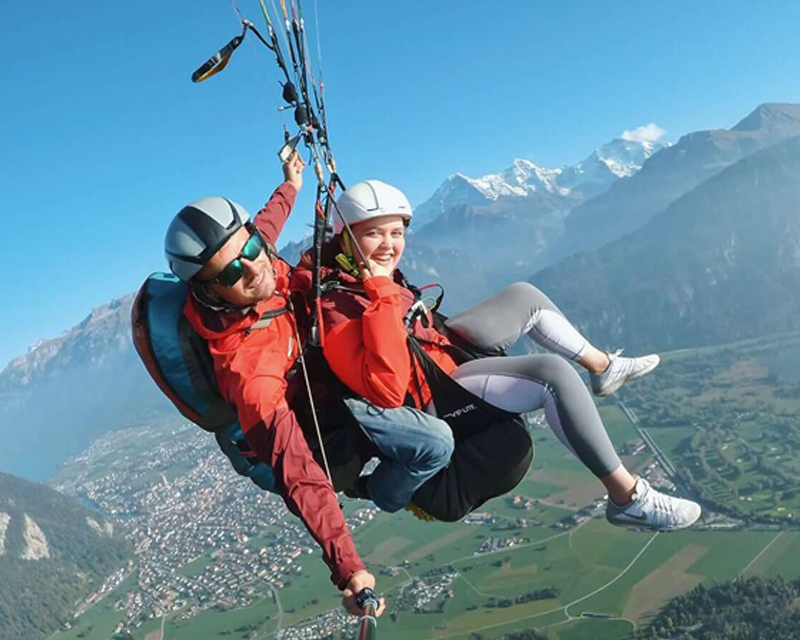In case of emergency, please follow the steps below:
International Student and Scholars
Non-Immigration-Related Emergencies
Personal injury, urgent and unexpected hospitalization, sexual assault, automobile accident, robbery, missing persons. If you are experiencing a non-immigration-related emergency:
- If you are on campus, call the UAB Police Department at (205) 934-4434. Explain your situation and you will be connected to the appropriate ISSS staff.
- If you are off-campus, call 911.
- After you receive assistance, email
This email address is being protected from spambots. You need JavaScript enabled to view it. and let us know you’re OK.
Students and Employees Currently Abroad
Call International SOS: +1-215-942-8059
Travelers on university supported travel requiring any type of emergency assistance abroad are instructed to contact International SOS at +1-215-942-8059 or +1-215-942-8478. International SOS accepts collect calls, and is available 24/7 to assist with overseas medical, security or legal emergencies. International SOS will notify appropriate UAB staff.
Students are also welcome to notify Education Abroad after contacting International SOS through the emergency number provided in their application.
All students participating in UAB-related international travel are subject to the UAB-Related International Travel Policy and must register their travel.
The UAB-Related International Travel Policy defines International Travel as “…travel outside of the United States and the District of Columbia.” The U.S. Territories of Puerto Rico, Guam, the U.S. Virgin Islands, American Samoa, and the Northern Mariana Islands, are considered to be International Travel locations, and not domestic locations, for purposes of this policy.
Before proceeding, please note that the UAB International Travel Risk Management Committee (ITRMC) must review and approved all requests from students intending to travel to a High-Risk Location.
For students traveling to a high-risk location and earning academic credit.
Complete your Application →
For students traveling to a high-risk location for UAB non-academic purposes.
Complete your Application →
If you are not traveling to a Restricted Location and you have not already registered your non-academic credit travel, register your travel.
Review our Health & Safety Resources to help you prepare for your travel.
All UAB employees, including faculty, staff, post-doctoral employees, medical residents and fellows, who plan to travel internationally on UAB-related business are required to register their travel via an online International Travel Registration Form (ITR). This form is required regardless of whether the travel is funded by UAB or an outside source. Travel for personal reasons during the UAB-related trip may be reflected in the International Travel Registration. The ITR automatically links employee travel to the UA System International Travel Assistance Program provided by International SOS and allows UAB to receive real-time information and alerts about UAB travelers and their destination country or countries.
The UAB-Related International Travel Policy defines International Travel as “…travel outside of the United States and the District of Columbia.” The U.S. Territories of Puerto Rico, Guam, the U.S. Virgin Islands, American Samoa, and the Northern Mariana Islands are considered to be International Travel locations, not domestic locations, under this policy.
It is recommended that UAB travelers check the “status” of the country/countries that they plan to visit through the Travel Advisories section of the U.S. Department of State’s Webpage and/or the Webpage of UAB’s International Travel Assistance International SOS when planning their travel and immediately prior to departure. UAB maintains the right to restrict travel to regions with a heightened safety risk.
How to Register Your Travel
- Complete a UAB-Related International Travel Registration form prior to travel
- The UAB-Related International Travel Registration provides pre-trip risk analysis. This process facilitates international travel risk reviews and is intended to enhance the traveler’s awareness of potential health, safety, and security travel risks (including export control).
- Depending on the travel destination(s) and purpose, multiple approvals from various offices may be required. These include but are not limited to: departmental approval, dean’s office, Provost, Research Safety and Security, etc. Complete and submit the ITR with enough time in advance of the travel to ensure reviews are completed prior to travel. Once electronically submitted, the ITR is routed automatically to the required offices for review and approval.
- Once your ITR is fully approved, click here for instructions to locate your completed form
Travel to High-Risk Locations
All UAB employees are required to complete the International Travel Registration process, regardless of the international travel risk levels. However, certain international travel registrations necessitate a heightened level of review based on the risk-based criteria. UAB international travel risk evaluation procedures incorporate risk advisories and recommendations developed by the U.S. Department of State (DOS), Centers for Disease Control (CDC), and the International SOS (ISOS) health and security risk management resource.
For faculty and staff travel, a destination is considered high-risk if any of the following travel advisories reach the levels below:
- United States Department of State travel advisory is Level 4
- CDC COVID-19 travel recommendation is Level 4
- International SOS (ISOS) travel risk advisories are labeled as:
- Medical risk levels of Extreme
- Security risk levels of High or Extreme
In this circumstance, the International Travel Risk Management Committee (ITRMC) will conduct a heightened review, and the traveler will be notified of the Committee’s determination on the proposed travel.
____________________________________________________________________________________________________________________________________________
UAB prioritizes the health, safety, and well-being of students, faculty, and staff who study or conduct research and/or business internationally.
Emergencies Abroad
Even when using safe behavior, anyone can be a victim of a random accident or theft.
International Travel Assistance Program
The University of Alabama System (UAS) maintains a robust program to help protect and assist our international travelers engaged in educational travel and business travel abroad.
Travel Safety 101
UAB Global Engagement prioritizes the health, safety, and well-being of students and employees traveling internationally and consistently monitors worldwide travel conditions and shares safety resources to assist students and employees engaging in UAB-related international travel.
The information on this page has been compiled to assist travelers with the basic mitigation of risk while traveling abroad. It is not specific to any region or country.

General Safety Information
Staying safe while overseas is so important to ensure you have a successful and enjoyable experience. The following tips can help keep you safe.
- Don't travel alone, especially at night or on long journeys. Always let someone know where you are going and when you will be back.
- Always be aware of your surroundings and watch out for pickpockets, especially in crowded tourist areas or on public transportation.
- Always take official taxis. If meters are used in taxis in your destination country, tell the driver that you would like them to use the meter. If meters are not used, always agree on the fare before you get in.
- Notify your in-country program director and UAB Education Abroad of any travel plans and find out what methods of transportation are safest and whether any roads should be avoided.
- When meeting new people, always meet in a public space. Never invite people you just met to your room.
- Don't consume alcohol in countries where alcohol is against the law and don't drink excessively in countries that permit the consumption of alcohol. Public intoxication is against the law in many countries and also makes you a target for crime and violence.
- Always practice safe sex.
- Avoid areas with public demonstrations or any kind of civil disturbances. These events can escalate without notice and lead to arrests and injury.
Country-Specific Safety Information
Before you go, be sure to research your destination thoroughly. The U.S. Department of State website maintains country-specific information for each country to which students and employees may travel, including the location of the U.S. embassy and any consular offices, information about whether you need a visa, crime and security data, health and medical considerations, drug penalties, localized hot spots, and more.
General Safety Resources
Other Useful Resources
Additional information and resources to assist travelers, including calling codes, currency conversion, CDC reports, traveler specific needs, and more.



